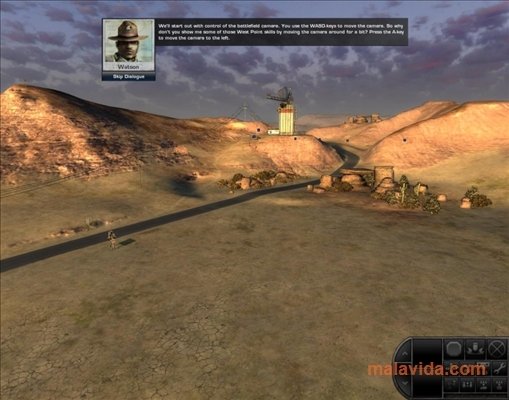
The 1972 Sound Broadcasting Act revised the Independent Television Authority (ITA) into the Independent Broadcasting Authority, which had responsibility for both commercial television and the newly introduced commercial radio stations.Ī fourth channel (Channel 4) wasn't added until the 1980s. Radio 1 now played rock and pop music, Radio 2 played easy listening, Radio 3 played classical, and the Home Service was re-branded as Radio 4, mainly covering news and current affairs. As a direct result, the BBC radio structure was revised in 1967. In the 1960s, a number of 'pirate' radio stations (such as Radio Caroline) began operating illegally, catering for an audience the BBC radio monopoly had failed to reach. As a result, the Corporation was awarded a second television channel in 1962 on the recommendation of the Pilkington Committee. The BBC, however, continued to attract plaudits. The Television Act of 1954 introduced competition using a new Independent Television Authority (ITA) to manage commercial television, while the British Broadcasting Corporation (BBC) continued to be funded by a license fee.


This culminated in a White Paper that proposed breaking up the BBC television broadcasting monopoly. During the late 1940s and early 1950s there was a great deal of debate over the future of broadcasting. Television service did not resume until 7 June 1946. However, the service was suspended in September 1939 due to the outbreak of the Second World War. Although only a few people could afford television sets, the technology and service was made available. It was limited to the London area and the south east of England. The British Broadcasting Corporation (BBC) introduced the first television service on 2 November 1936. After results from the Sykes Committee report in 1923 and the Crawford Committee report in 1925, the government bought the company's shares and transformed it into a public corporation - the British Broadcasting Corporation (BBC). Some commercial firms that wished to exploit this new medium formed the British Broadcasting Company and obtained a licence from the Post Office.

In Britain, the Post Office controlled the use of radio under the 1904 Wireless Telegraphy Act, granting licenses to firms under the act.

Partly due to technological advances made during the First World War, radio became not only a means of receiving information, but also a medium for mass entertainment.


 0 kommentar(er)
0 kommentar(er)
